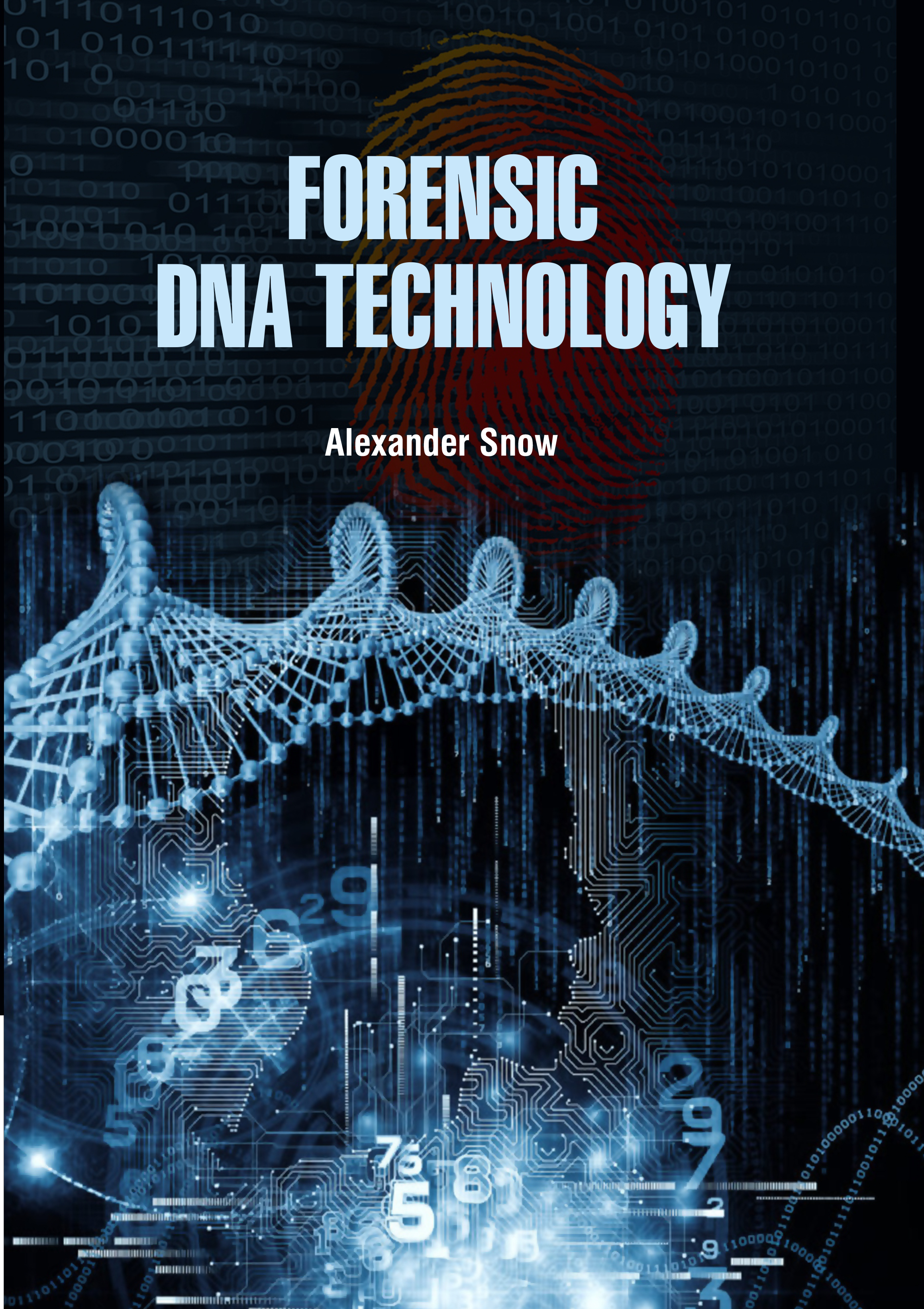
Forensic Dna Technology
by Alexander Snow
| ISBN | 9789372426335 |
|---|---|
| Publisher | Digital Drive Learning |
| Copyright Year | 2026 |
| Price | $275.00 |

by Alexander Snow
| ISBN | 9789372426335 |
|---|---|
| Publisher | Digital Drive Learning |
| Copyright Year | 2026 |
| Price | $275.00 |
Forensic DNA Technology examines the legal and scientific issues relating to the implementation of DNA print technology in both the crime laboratory and the courtroom. DNA profiling (also called DNA fingerprinting) is the process of determining an individual's DNA characteristics. DNA analysis intended to identify a species, rather than an individual, is called DNA barcoding. As DNA profiling became a key piece of evidence in the court, defense lawyers based their arguments on statistical reasoning. For example: Given a match that had a 1 in 5 million probability of occurring by chance, the lawyer would argue that this meant that in a country of say 60 million people there were 12 people who would also match the profile. This was then translated to a 1 in 12 chance of the suspect's being the guilty one. This argument is not sound unless the suspect was drawn at random from the population of the country. Matching DNA samples from crime scenes and suspects is rapidly becoming a key source of evidence for use in our justice system. DNA Technology in Forensic Science offers recommendations for resolving crucial questions that are emerging as DNA typing becomes more widespread. The past decade has seen great advances in a powerful criminal justice tool: deoxyribonucleic acid, or DNA. DNA can be used to identify criminals with incredible accuracy when biological evidence exists. By the same token, DNA can be used to clear suspects and exonerate persons mistakenly accused or convicted of crimes. In all, DNA technology is increasingly vital to ensuring accuracy and fairness in the criminal justice system. This book is offers important guidance to anyone working with this emerging law enforcement tool: policymakers, specialists in criminal law, forensic scientists, geneticists, researchers, faculty, and students.